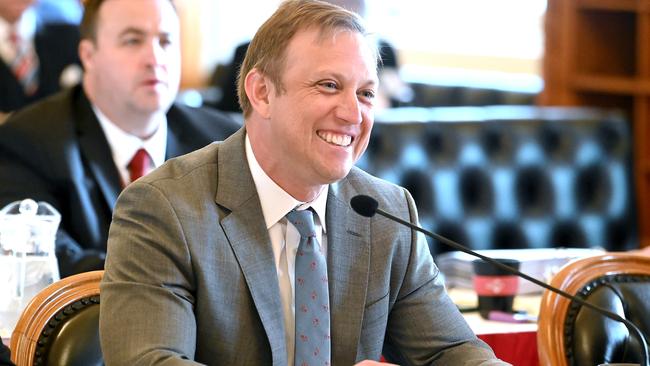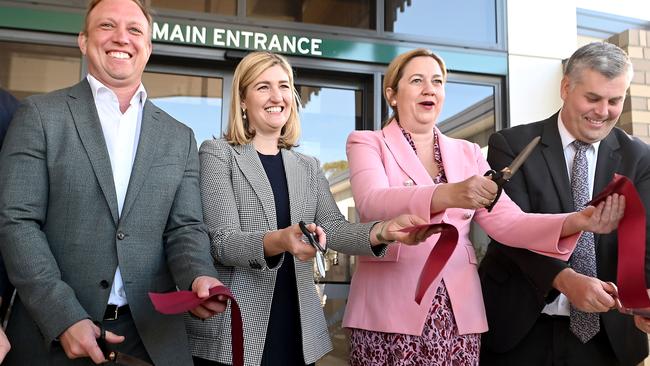Queensland electoral explodes amid population growth, but no relief until after 2024 state poll
There are 217,000 more voters in Queensland today as compared to the previous state election amid a massive population boom, and experts say it’s time to toy with the unpopular idea of hiring more politicians.
QLD News
Don't miss out on the headlines from QLD News. Followed categories will be added to My News.
There are 217,000 more voters in Queensland today as compared to the last state election amid a massive population boom and experts say it’s time to hire more politicians.
But there will be no fix for the population mismatch across electorates until after the next election the Electoral Commission of Queensland has confirmed, with state electorates now varying in sizes from 34,000 voters to more than 52,000.
In the months after the 2020 state election the “average” state electorate had about 36,450 voters, but that has since escalated to 38,790 — with 10 electorates surpassing the benchmark by more than 10 per cent.
This is mainly in the belt stretching from Pimpama out to Ipswich, taking in the seats of Coomera, Logan, Jordan, and Bundamba.

The seat of Coomera, held by the LNP’s Michael Crandon, now has 52,598 voters — 35 per cent higher than it should be.
It has become so large Mr Crandon confirmed he has had to use 40 per cent of a discretionary fund normally used to fund small grants to community groups or for pamphlets to pay for a part-time set of extra hands to deal with the volume of work.
Deputy Premier Steven Miles’ electorate of Murrumba has the second largest voter population at 45,615.
But oversized electorates aren’t restricted to the southeast, with Hervey Bay, Gympie and Caloundra now home to about 43,000 voters each amid voracious growth since the last state election.
Political experts Paul Williams from Griffith University and Professor John Mickel from QUT both said it was likely time to increase Queensland’s legislature from the current 93 MPs.
But the idea is unpopular with regular punters, who view politicians as a burden on the public purse.

“Generally speaking as the population grows so should your representative pool, because it gives an opportunity for voters to meet with their (MP) and give feedback,” Prof Williams said.
“The idea is you get better governments, better oppositions, better crossbenchers and better informed voters.”
Mr Williams said it was in everyone’s interest to keep the size of electorates at “manageable levels” or risk people losing faith in the democratic process if they feel disconnected for their representative.
Prof Mickel said Queensland’s lack of an upper house meant adding more MPs would also work to increase transparency and add more checks and balances to government.
A spokesperson for the ECQ confirm the next scheduled redistribution wouldn’t happen until after the 2024 state election, noting enrolment figures was just one ingredient in the process.
A redistribution can also be triggered if the voter population of more than a third of electorates — more than 31 — veer 10 per cent either way of the average. There are currently 14 outliers.



